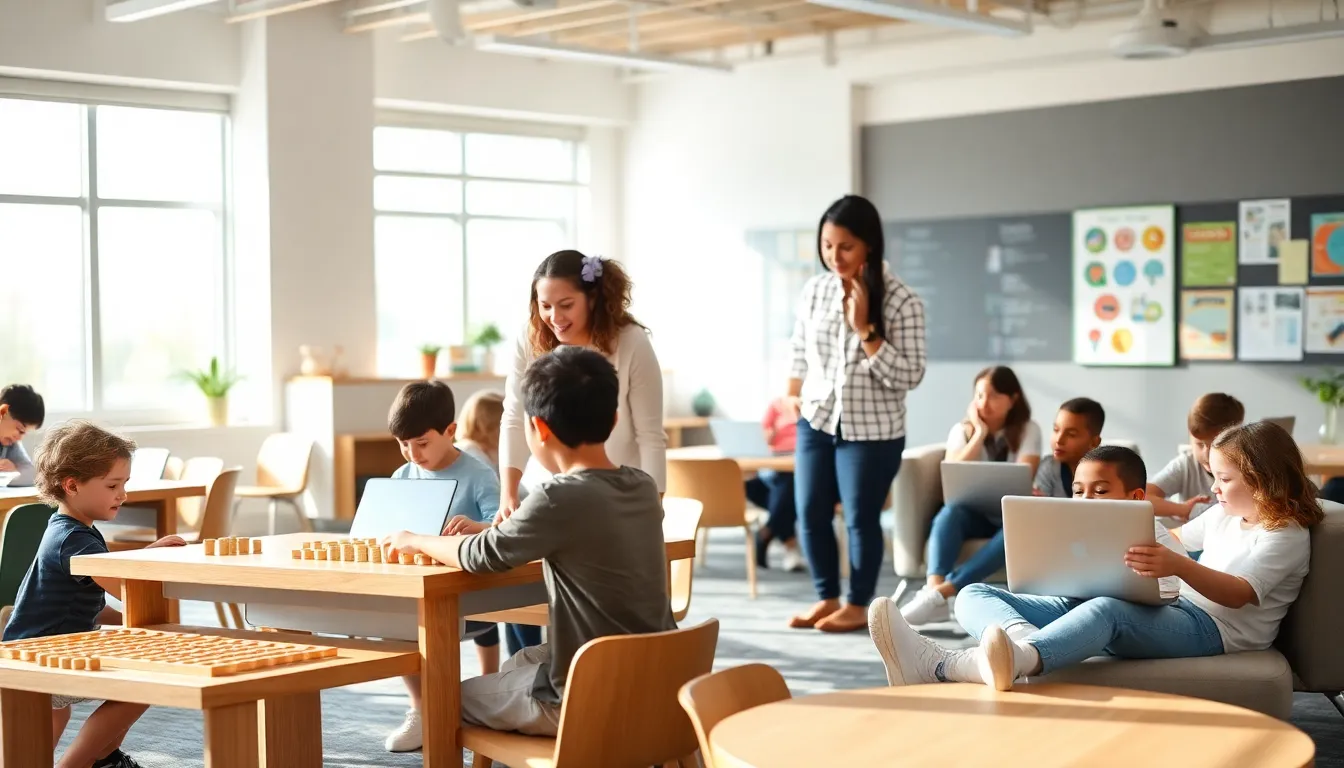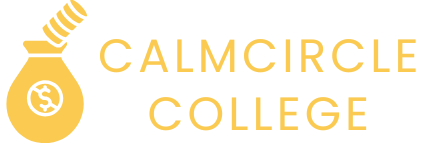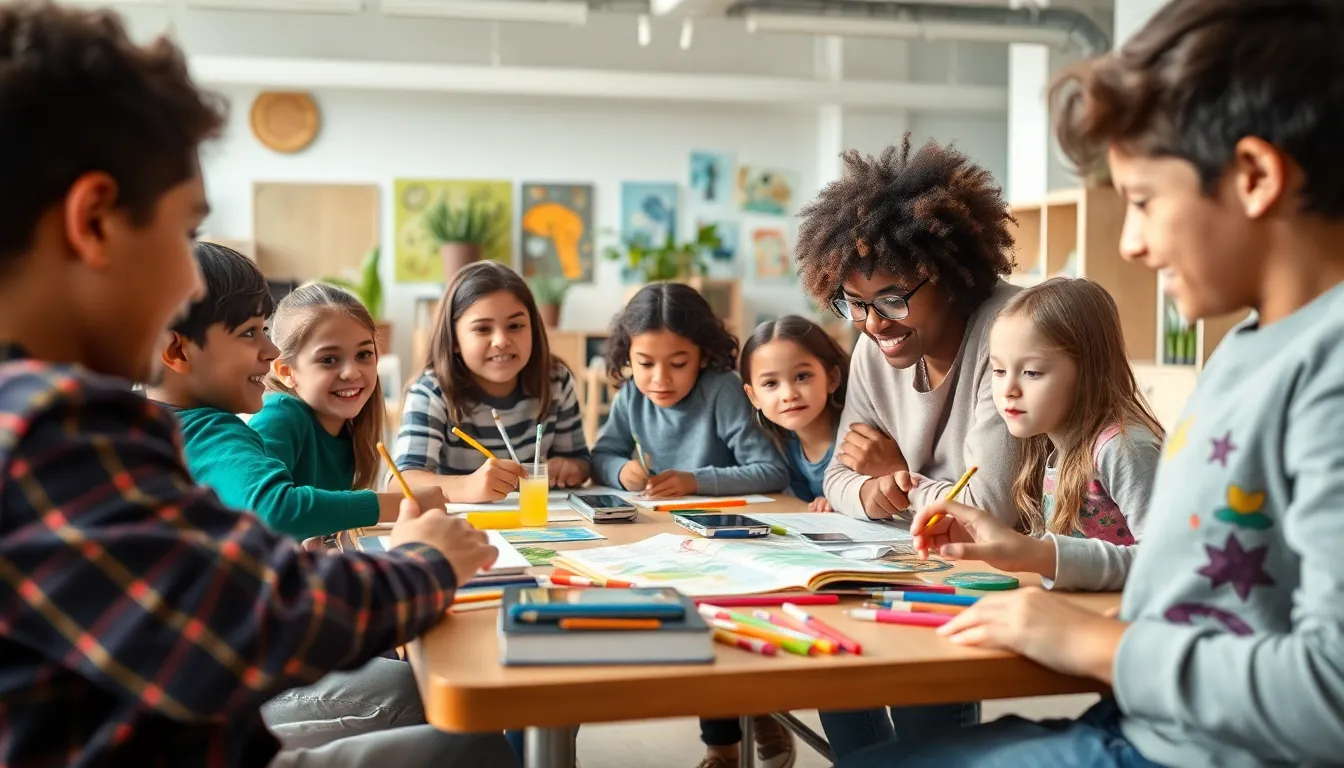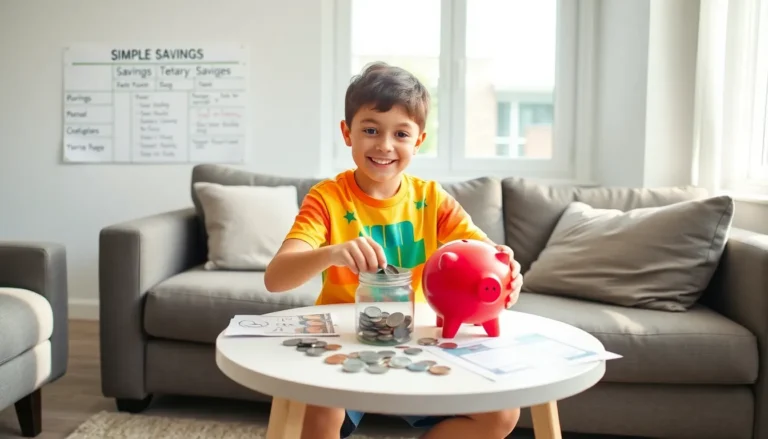Ever thought about why school feels like a never-ending cycle of tests and textbooks? Welcome to the exciting world of alternative education models, where creativity reigns supreme and boredom takes a backseat. These innovative approaches are changing the way we think about learning, providing fresh air in an often stuffy educational system. Let’s jump into this fascinating realm, where education is not just about grades but about fostering curiosity and a love for learning.
Table of Contents
ToggleUnderstanding Alternative Education

Alternative education is a broad term that refers to educational approaches outside the conventional school system. It encompasses various methods that prioritize individual learning styles and preferences, breaking away from standardized testing and rigid curricula. From the Montessori method to online learning platforms, alternative education addresses varied needs, often creating a more personalized learning environment. This shift is driven by the recognition that not all students learn the same way, urging educators to adapt their methods to better fit the unique requirements of each learner.
Benefits of Alternative Education Models
The advantages of alternative education models are numerous and impactful. Here are a few noteworthy benefits:
- Personalized Learning: Unlike traditional education, which often employs a one-size-fits-all approach, alternative models focus on individual learning styles. This personal touch allows students to engage with their education on a deeper level.
- Fostering Creativity: Many alternative systems encourage students to think outside the box. By nurturing creativity, they equip learners with valuable problem-solving skills not typically emphasized in standard classrooms.
- Flexible Structure: Alternative education often involves more flexible schedules and environments. This flexibility helps reduce stress, allowing students to learn at their own pace and pursue interests outside strict academic requirements.
- Community Engagement: Many alternative education systems place a strong emphasis on community involvement, encouraging students to participate in collaborative projects and social activism. This helps cultivate responsible and engaged citizens.
Popular Alternative Education Models
Several alternative education models have gained traction in recent years. Here’s a closer look at some of the most popular approaches:
Montessori Method
Developed by Dr. Maria Montessori, this method emphasizes hands-on, self-directed learning. Classrooms are designed to allow children to choose their activities, fostering independence and curiosity. Montessori educators serve as guides, rather than traditional instructors, ensuring that learning is tailored to each child’s developmental pace.
Waldorf Education
Founded by philosopher Rudolf Steiner, Waldorf education focuses on holistic development. This model integrates arts, academics, and practical skills while maintaining a strong emphasis on nurturing creativity. Students engage in various activities including music, drama, and crafts, which are woven into the curriculum.
Unschooling
Unschooling is an entirely learner-driven approach that allows children to follow their interests and passions. There are no set curricula or formal classes, leading to highly personalized education. Parents and facilitators support learners by providing resources and opportunities rather than direct instruction.
Online Learning Platforms
The rise of technology has opened up myriad online learning platforms. These platforms offer diverse courses that can be pursued at any pace. They cater to students of all ages, making specialized subjects accessible to anyone seeking knowledge.
Challenges and Criticisms
Even though their benefits, alternative education models face numerous challenges and criticisms. Some critics argue that these models lack structure, making it difficult for students to grasp essential foundational skills. Also, the variability in quality across various alternative programs can be concerning. Parents often worry that non-traditional settings might not adequately prepare students for future academic pursuits or standardized assessments. Another issue is the potential for unequal access to alternative education options, with some families unable to afford or help these experiences.
Also, given the diverse range of alternative models, not all are suitable for every learner. What works for one student might not resonate with another, leading to ongoing debates about the best educational strategies.
Assessing Effectiveness of Alternative Education
Evaluating the effectiveness of alternative education can be a complex task. Standardized tests often do not capture critical aspects of learning fostered by these models, such as creativity or social skills. Instead, assessing success might involve alternative metrics, like student happiness, engagement, and practical skills. Besides, anecdotal evidence from parents and educators often highlights improved emotional well-being and collaboration among students in alternative settings.
Research continues to explore connections between alternative education and long-term success, showing promising results in areas like college readiness and adaptability in an ever-changing job market.




